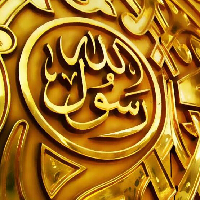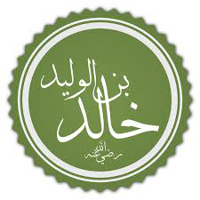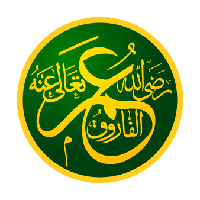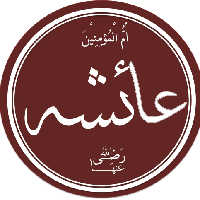Aisha bt. Abu Bakr, Muslims' Matriarch mbtiパーソナリティタイプ
個性
"Aisha bt. Abu Bakr, Muslims' Matriarchはどのような性格タイプですか? Aisha bt. Abu Bakr, Muslims' Matriarchは、ENFP in MBTI、6w7 - so/sx - in Enneagram、 in Big 5、EIE in socionics のパーソナリティタイプです。"
Her being an ENFP definitely makes a lot of sense for her personality including the scholarly aspect of it, driven by a sense of curiosity that makes her get knowledge about various fields (ne), and with a developed (te) that gives her a great scholarly mindset which enables her to collect as much data as she needs and organize it then stores all this data in her (si) long-term memory. "I have never seen a woman more knowledgeable about medicine, jurisprudence, or poetry than Aisha." Urwa ibn al-Zubayr. "Never was a Hadith unclear to us - the Companions of the Messenger of Allah - and we asked 'Aishah, except that we found some knowledge concerning it with her." Abu Musa al-Ash'ari. She also had a clear tendency to extroversion, she was the representative of women at the time of the prophet, she was the talkative partner in the relationship while the prophet was the listener, and she wouldn't hesitate to take leadership roles if it's necessary to the point that she would lead an entire army which shows both her extroversion and her developed te. Her fi and te usage is also very clear in the way that she would constantly compare herself with the other wifes of the prophet in a way that shows her superiority (te), which would make her feel high-value and important (fi). This shows up in statements like this: "And who among the wives of Allah's Messenger (ﷺ) was dearer to him than I". And also showed up when she got jealous of the prophet's first wife khadija (even though she never met her) because the prophet would constantly praise her, so she compared herself to khadija and said to the prophet: "What makes you remember one of those old women of the Quraish with gums red and who is long-dead, while Allah has given you somebody better than her?" Last example i will use about this part is when she said: "O Allah's Messenger (ﷺ)! Suppose you landed in a valley where there is a tree of which something has been eaten and then you found trees of which nothing has been eaten, of which tree would you let your camel graze?". In this story aisha used a symbolic language to talk about the fact that she is the only virgin that the prophet married, and that it gives her superiority over the other women. this shows both her fi/te usage and and also her intuitiveness in the way that she uses symbolism to make her points. I didn't find any signs of her being a ti/fe user while i find many that shows fi/te, her love for the prophet didn't really make her seek harmony, it made her seek the feeling of value and importance, and it's fair to assume that the prophet fulfilled to her that need of feeling valued and important. He was very open about the fact that she's his most beloved person in the world. He spent more time with her than any of his other wifes. He stopped his entire army from moving in order to find her lost necklace. When he got the illness that he died by he asked to spend his last days with her until he died in her hug. He did so much for her and made sure she knows that she means so much for him that she was able to confidently say "And who among the wives of Allah's Messenger (ﷺ) was dearer to him than I". I still haven't done a deep personality analysis to the prophet muhammad but everything i know about him ( which is a lot ) indicates that he's an INFJ so it makes sense that his most compatible relationship happened to be with an ENFP. Another note is that despite her lack of fe she was a very poeple focused person, she was so giving to the point that any money she has or gets she wouldn't keep it, rather she would spend it in charity.
バイオグラフィー
ʿĀʾishah bint Abī Bakr (Arabic: عائشة بنت أبي بكر [ˈʕaːʔɪʃa], c. 613/614 – c. 678 CE), also transcribed as Aisha (/ˈɑːiːʃɑː/, also US: /-ʃə, aɪˈiːʃə/,[4] UK: /ɑːˈ(j)iːʃə/) or variants, was Muhammad's third and youngest wife. In Islamic writings, her name is thus often prefixed by the title "Mother of the Believers" (Arabic: أمّ المؤمنين, romanized: ʾumm al-muʾminīn), referring to the description of Muhammad's wives in the Qur'an.
個性 correlate

Prophet Muhammad

Khalid b. Al-Walid, Rashidun Commander

Caliph Umar the Distinguisher (Farooq)

Iblis

Caliph Ali the Just, Ahlu-Bayt Rasoolillah

Khadija bt. Khuwailid, Muslims' Matriarch

Yusuf (Joseph), Islamic Prophet

Ibrahim (Abraham), Islamic Prophet






